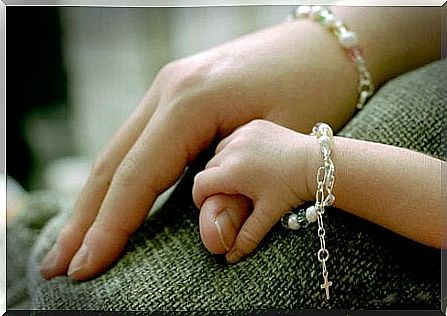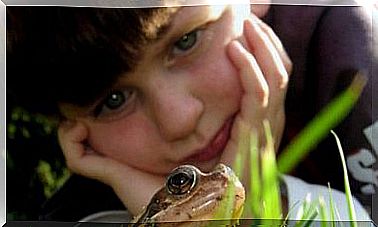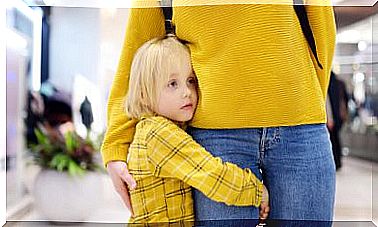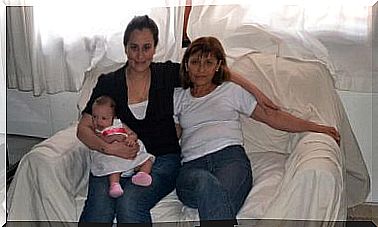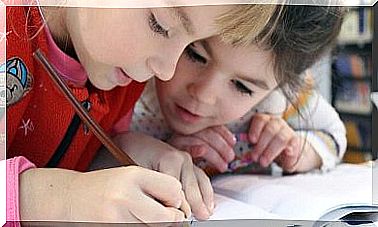Feeling Rejected Towards A Child: Why Does It Happen And How To Deal With It?
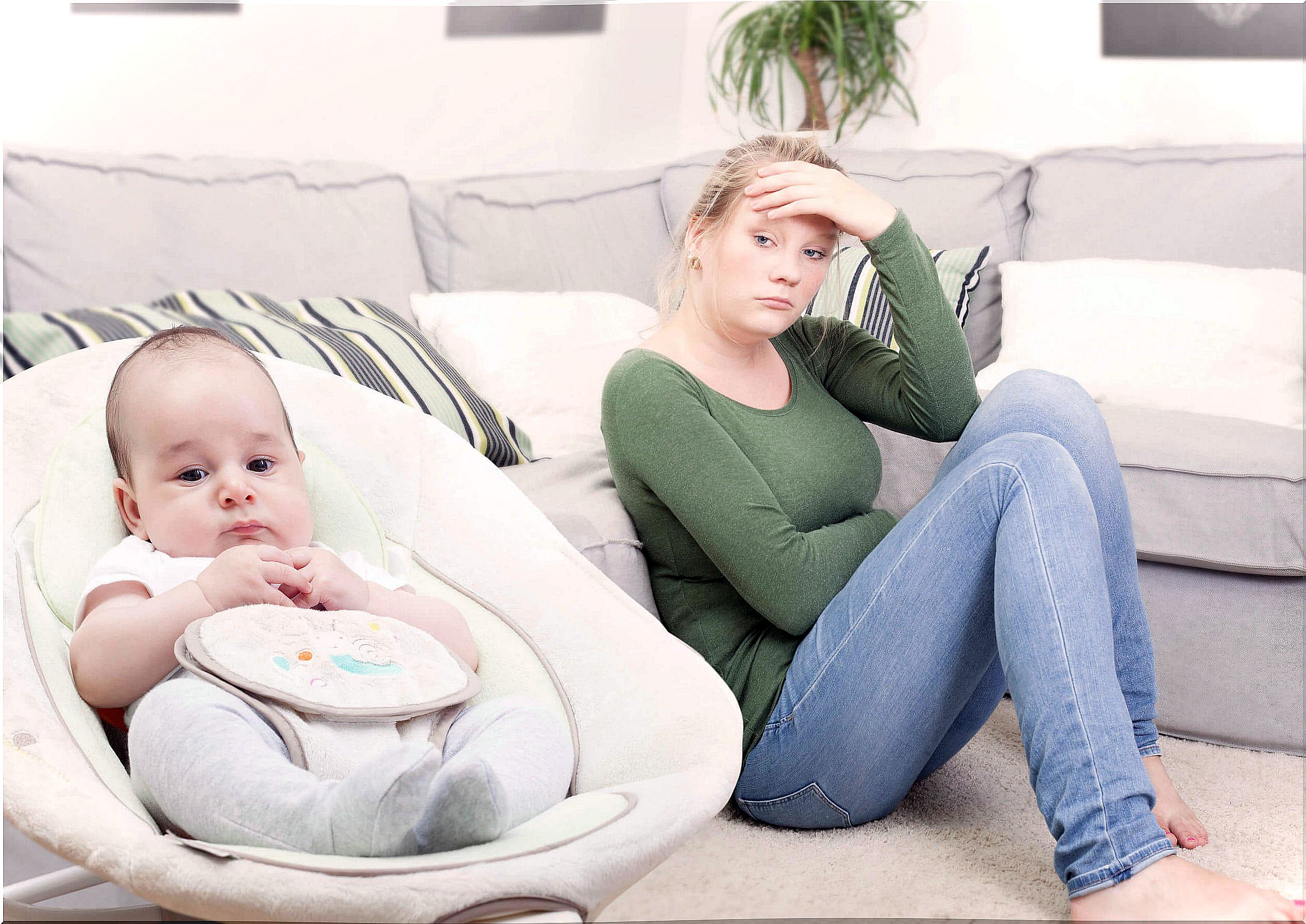
Motherhood is often perceived as an idyllic state full of happiness and unconditional love. But the reality is that a significant percentage of mothers fail to establish an emotional bond with their baby for various reasons. Feeling rejected towards a child generates great amounts of guilt and can cause significant emotional damage to mother and baby.
However, finding solutions is difficult, especially since it is not a topic that is usually discussed openly. Although many mothers feel this rejection, those who dare to expose it receive judgments instead of understanding and help.
But silently carrying this burden can make it even heavier. For this reason, we want to expose you to the most frequent causes of this situation, so that you can better understand it and obtain certain tools to deal with it.
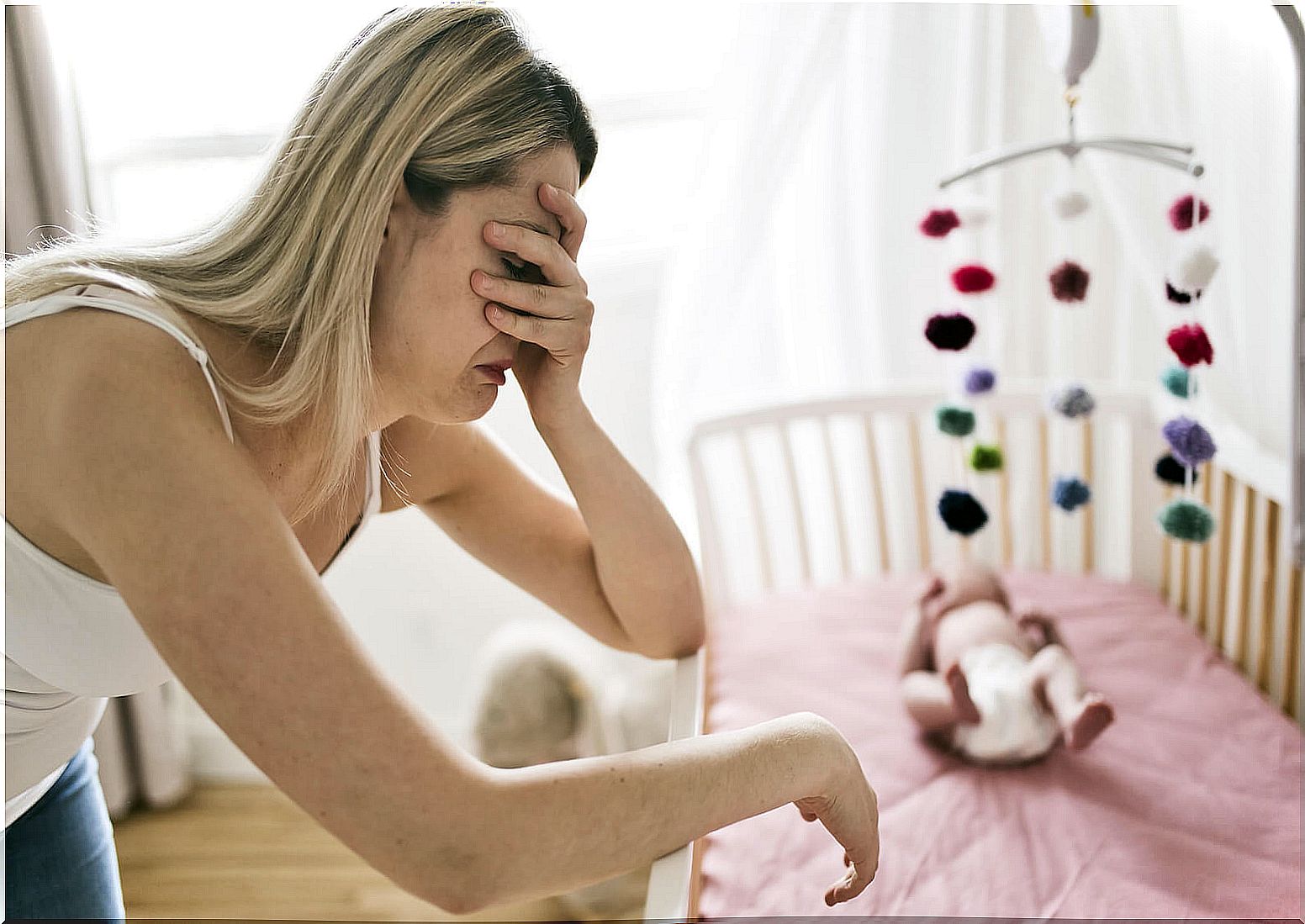
Feeling rejection towards a child: why does it happen?
When a mother feels rejection by her child, it is usually because the emotional bond has not been adequately established. This can happen for a variety of reasons, but the most common include the following.
Unplanned pregnancy
The arrival of a child radically transforms a woman’s life. There are numerous sacrifices, sacrifices, and efforts that have to be made when we have another life in our charge.
Not all women want to be mothers and not at any time. When an unplanned pregnancy occurs, the emotional impact can make it difficult to adjust to this new role.
This doesn’t just happen in new mothers who may not have wanted to get pregnant, or at least not so soon. It can also occur in successive pregnancies if the woman is in a vital moment in which motherhood was not part of her plans.
Postpartum depression
It is estimated that between 10 and 20% of women suffer from postpartum depression. A condition that can lead to fear, anxiety, crying spells, trouble sleeping, isolation, fatigue, or guilt.
But, above all, it hinders the normal establishment of the attachment bond with the baby. The fear of not being up to the task or feeling overwhelmed by the challenges of motherhood can lead to experiencing a certain rejection by the child.
Many mothers can present these types of emotions during the two weeks after giving birth. However, if these last longer, make it difficult to care for the baby or create significant discomfort, it is necessary to go to a professional.
Expectations about motherhood
Unrealistic expectations regarding motherhood are another major reason that can lead to rejection of a child .
Many women are not fully aware of all that being a mother entails until they see the baby in their arms. For others, motherhood is not a genuine desire, but a step that they take out of social pressure or with the intention of fixing the problems in their relationship. In these cases, when they face reality, they may feel overwhelmed, regretful, and unable to cope.
Similarly, sometimes it is the child’s temperament or personality that leads to rejection. An excessively demanding baby, who cries frequently and has difficulty eating or sleeping properly may not meet the expectations that the mother held. If, as he grows up, his personality is not the expected one, this can generate conflict in the mother.
How to act when feeling rejection towards a child?
First of all, remember that you are not alone, as there are many mothers sharing this same feeling. For the same, you should not feel guilty; Circumstances can overwhelm us all at some point. However, the rejection wound in a child can cause significant emotional damage, so it is important that you act so that this does not affect your child.
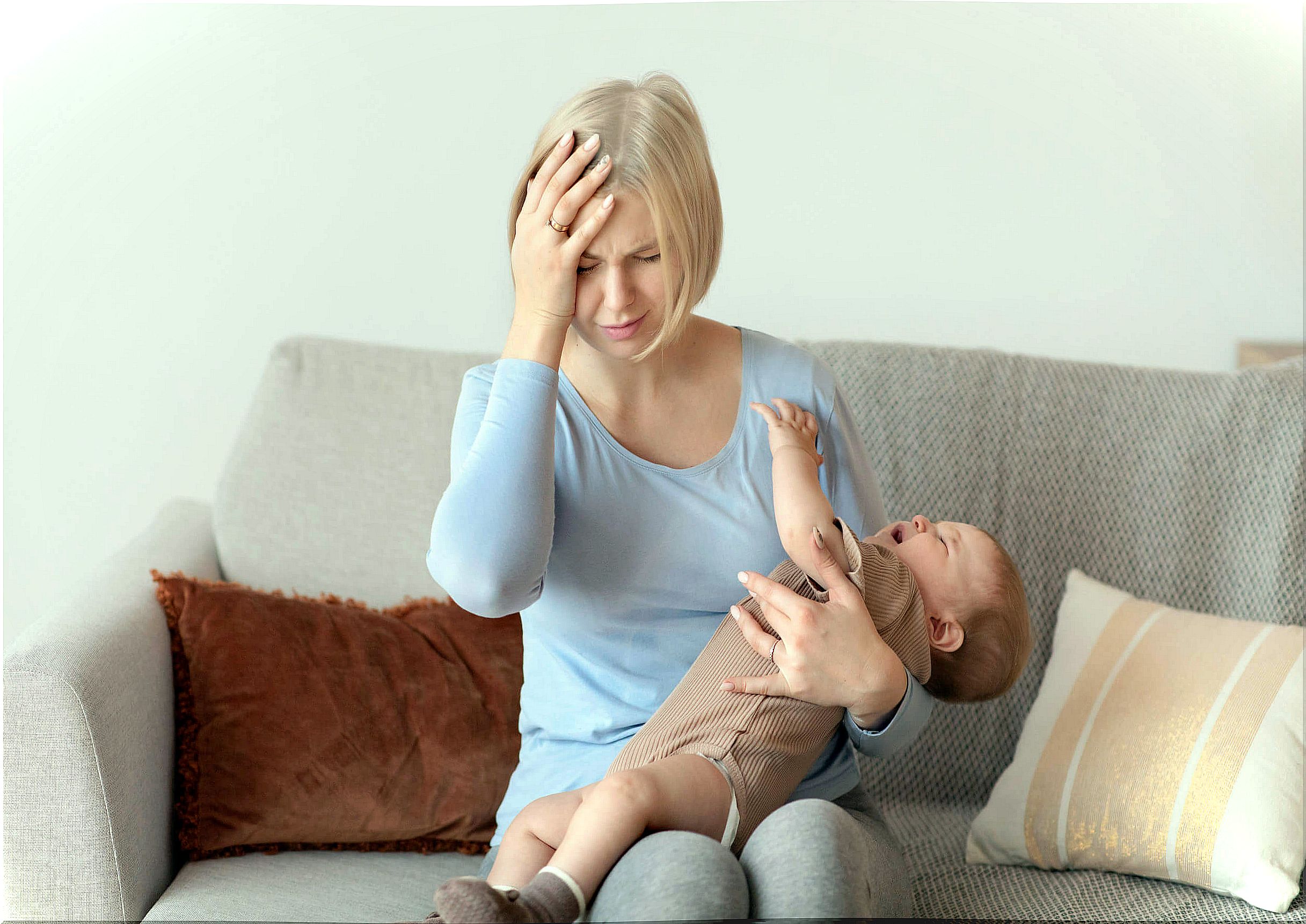
Going to a psychologist or therapist can help you accept the new situation, adjust to motherhood and resolve the conflicts you are experiencing. Likewise, it can help you deal with possible postpartum depression and offer you tools to ease your fears and feelings of loneliness. Likewise, changing your perspective on motherhood and making your expectations more flexible can also be of great help.
Keep in mind that you do not need to face this tough situation either alone or in silence. There are professionals capable of helping you and your little one to develop a healthy and healthy emotional bond. You both deserve to feel good.
